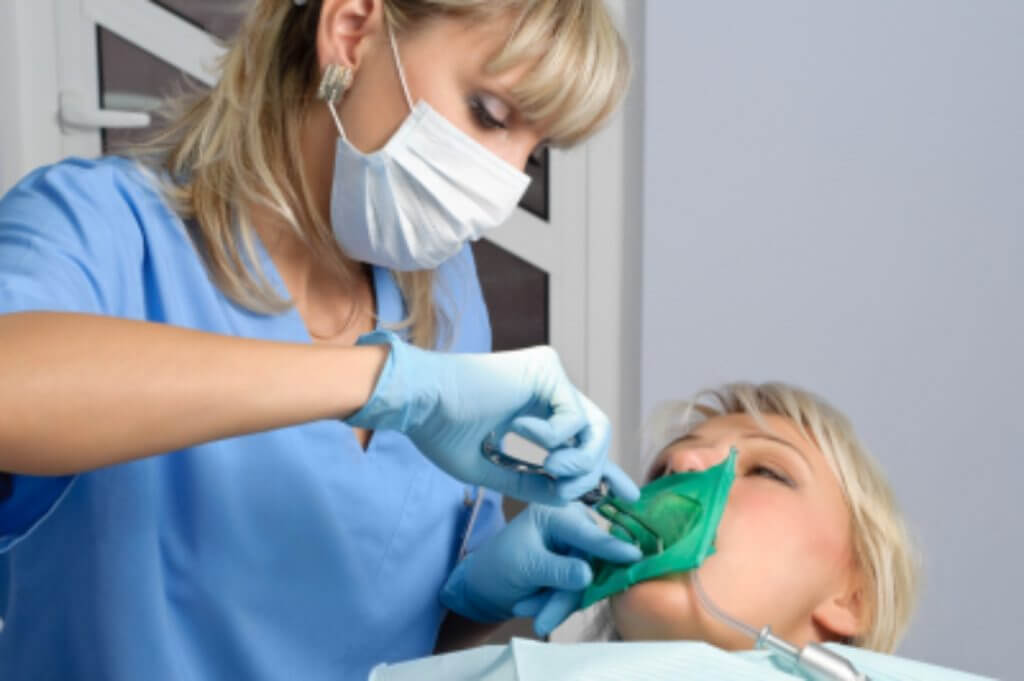What do emergencies and beauty have in common? Huh? It’s not a riddle, really. The answer is simple — both are in the eye of the beholder. “Beauty is in the eye of the beholder” is a saying that’s been around since the 3rd Century in Greek and the 1500s in English. Basically, all it means is that our understanding of beauty is subjective. Sort of an upscale version of “One person’s junk is another person’s treasure.” But what does it have to do with dental emergencies? What one person considers an emergency crisis, someone else might consider blase and ordinary.
Wherever you fall on that spectrum from anxiety to laissez-faire, your dentist in Aldergrove wants you to understand some basic things about dental emergencies. What does the emergency dentist near you think is an emergency that justifies calling a dentist in the middle of the night or on the weekend? After all, they’re the experts.
How to recognize a dental emergency?
- As a very general rule, emergency dental treatment includes whatever is necessary to relieve serious pain, get bleeding under control, save a tooth if possible, and halt the progress of infection. Here are four scenarios that amount to dental emergencies:
- If you’ve lost a tooth, it’s a dental emergency, especially since an emergency dentist near you may be able to save it if everyone acts quickly
- If you’re suffering severe pain — not just brief sensitivity or an occasional and intermittent ache — you may require emergency attention, especially if you also have bleeding or swelling
- Any signs of an infection — swelling, fever, abscesses on your gums, and pussy discharge — mean that you should see an emergency dentist in West Edmonton as soon as possible
- If you have loose teeth, something is wrong that you should have investigated by a dentist in Aldergrove as soon as possible. Contact an emergency dentist to describe what’s happening and to get advice
- If your mouth is bleeding — not just occasionally and briefly bloody, but in a prolonged and significant way, contact an emergency dentist especially if that bleeding is accompanied by any of these other symptoms.
What might not be a dental emergency?
There’s not really a downside to calling an emergency dentist near you if you’re concerned about something unexpected. After all, they may be able to answer your most pressing questions and assure you that emergency treatment isn’t necessary. If that’s the case, they’ll give you some advice about what to do until you can see your regular dentist on a more leisurely schedule. The following are examples of situations that usually don’t indicate an emergency, but don’t hesitate to call even in these scenarios if it’d help to set your mind at ease:
- A small chip to a tooth can usually wait for a few days until you can see your regular dentist, but a tooth that is broken clean off or a more significant chip that is accompanied by severe pain should be seen by an emergency dentist right away.
- Minor and intermittent toothaches may indicate an underlying dental issue, but it’s usually one that doesn’t require a response on an emergency basis. If the ache is extreme or persistent, though, or if it is accompanied by swelling or bleeding, you should treat it as an emergency and let an emergency dentist near you tell you otherwise if they’re not too concerned at the moment.
- A lost filling or crown may not be an emergency unless it’s accompanied by pain or you aren’t able to place it back into position temporarily using sugar-free gum or dental adhesive you can get at drugstores. (Never use “crazy” glue!) If you can’t get the crown or fill it back into place, call an emergency dentist and ask how vulnerable you are to infection due to the lost restoration and if you should see an emergency dentist in West Edmonton to protect your health.
Here’s the short version. You’re probably not an expert in dental emergencies, but emergency dentists are. Don’t hesitate to contact an emergency dentist for their advice when you’re anxious or concerned, but use this as a guide to understand just how concerned you should be.

